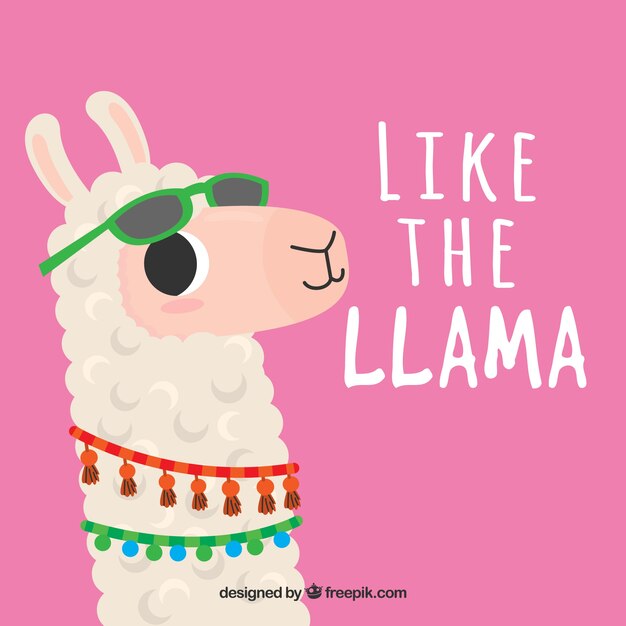Llama Facts

Llamas are domesticated animals native to the Andes mountains in South America.
Llamas have been used for centuries as pack animals, carrying loads of up to 100 pounds.
Did you know that llamas are related to camels and alpacas?
Llamas have a unique and soft fleece that is used to make various products.
Llamas are social animals and often live in herds for companionship and protection.
Llama wool is hypoallergenic, making it a great choice for people with sensitive skin.
Llamas have a keen sense of smell and can detect predators from a distance.
Llamas are highly adaptable and can survive in extreme weather conditions.
Llamas are herbivores and primarily feed on grass, leaves, and hay.
Llamas have a split upper lip, which allows them to easily eat vegetation.
Llamas communicate through various vocalizations, including humming, braying, and orgling.
Llamas have a unique way of showing affection by gently nudging each other with their heads.
Llamas have excellent eyesight, which helps them navigate difficult terrains.
Llamas are intelligent animals and can be easily trained for various tasks.
Llamas have a life expectancy of around 20 years in the wild and up to 30 years in captivity.
Llamas are known for their incredible agility, which helps them navigate steep slopes and rocky terrains.
Llamas have a three-chambered stomach that allows them to efficiently digest their food.
Llama Facts part 2
Llamas have padded feet, which enables them to walk silently, making them great companions for hiking.
Llama manure is an excellent natural fertilizer for gardens.
Llamas have a distinctive scent that helps them recognize each other.
Llamas are known for their ability to spit when they feel threatened or irritated.
Llamas have a natural curiosity and often investigate their surroundings by sniffing and touching things.
Llamas are used in some cultures for therapy, as their presence can have a calming effect on humans.
Llamas have a unique gait called pronking, where they hop and bounce playfully.
Llamas come in various colors and patterns, including white, brown, black, and even spotted coats.
Llamas have a strong sense of hierarchy within their herds, with an alpha male leading the group.
Llamas have a thick double coat that provides insulation during cold temperatures.
Llamas have long necks and can reach plants that are out of reach for other animals.
Llamas are very protective of their young, often forming a circle around them for defense.
Llamas have soft, padded feet that leave minimal impact on delicate ecosystems.
Llamas have been used as guard animals for protecting livestock from predators, such as coyotes.
Llamas are environmentally friendly animals, as they have a low carbon footprint and do not cause soil erosion.
Llamas have a gentle temperament and are generally docile, making them safe to be around.
Llamas have a spitting accuracy of up to 10 feet, making them a force to be reckoned with.
Llamas have been used by ancient civilizations for their wool, meat, and as a means of transportation.
Llamas are known for their ability to survive at high altitudes, where oxygen levels are lower.
Llamas are naturally curious and enjoy investigating new things in their environment.
Llamas have a strong bond with their owners and form deep connections with humans.
Llamas have a rumen, which is one of their stomach chambers that helps break down cellulose.
Llamas have a unique and adorable expression, with their large eyes and long eyelashes.
Llamas have been used in some regions as therapy animals for individuals with disabilities or special needs.
Llamas are known for their excellent memory, as they can recognize and remember people for years.
Llamas are gentle and patient, making them great animals for children to interact with.
Llamas have been bred for different purposes, such as racing and showing in competitions.
Llamas are remarkable animals with fascinating characteristics that make them beloved by many people.

